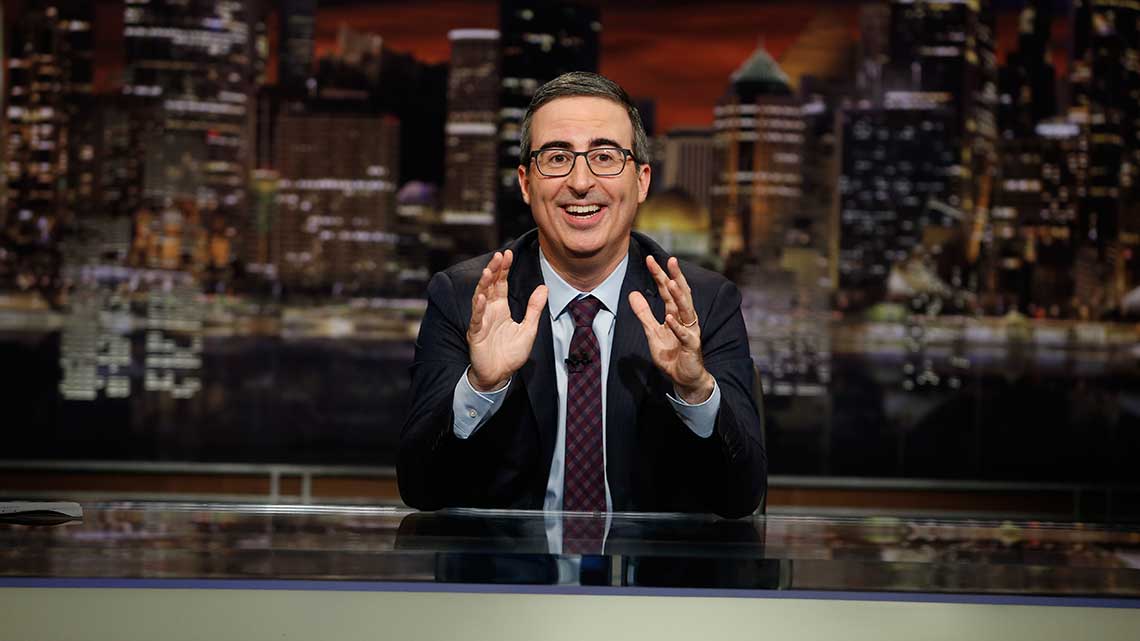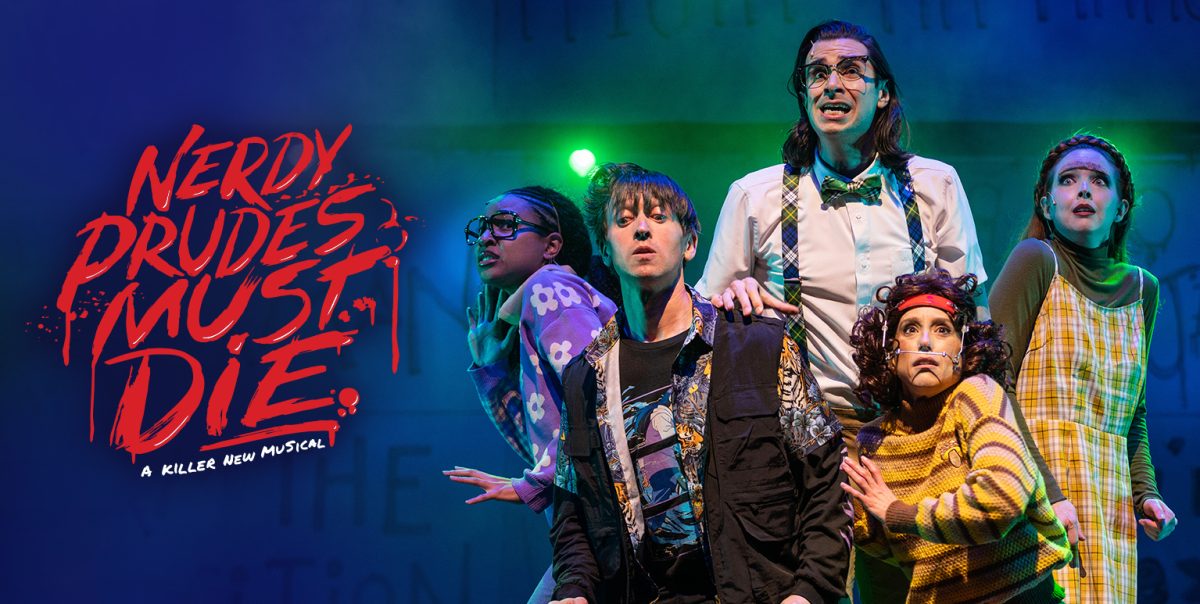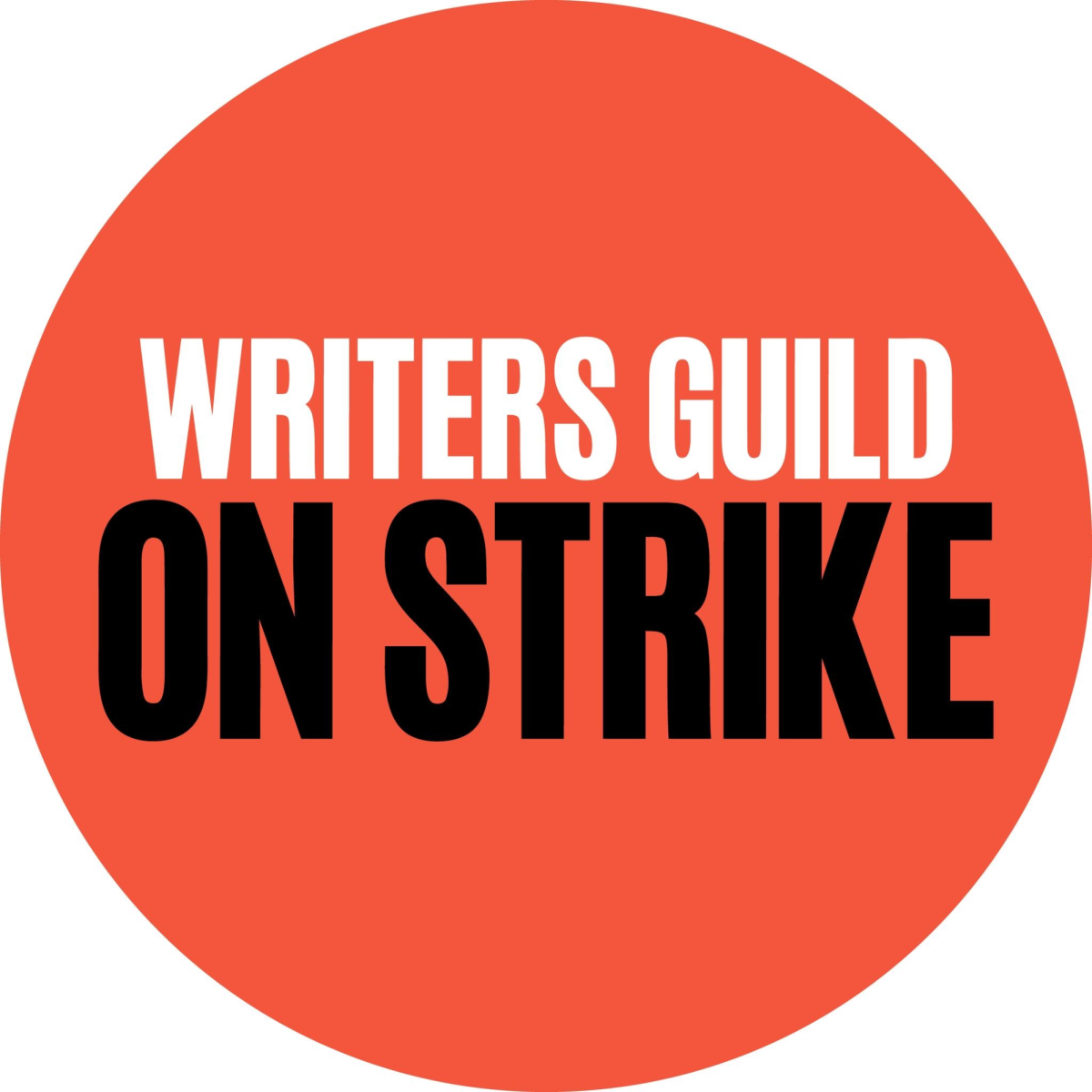Following the official end of the Writers’ Guild of America strike on Sept. 27, late night television writers — with the promise of a newly negotiated contract — got down to business. Network television’s late night talk shows, including “The Tonight Show,” “Late Night with Seth Meyers,” “The Late Show with Stephen Colbert” and “Jimmy Kimmel Live!,” had halted production at the beginning of May to stand in solidarity with their striking writers. As an unforeseen consequence, America’s most recognizable funnymen missed the summer’s best moments. On Monday, Oct. 2 the long awaited and very belated jokes began to pour in.
Unsurprisingly, the first late night show to return was “Last Week Tonight,” airing Sunday nights on HBO. While the main story centered around inadequacies in the prison healthcare system, host John Oliver did also take some time in his opening monologue to quickly, and breathlessly, give his audience a reminder of what had happened since the show last aired. He expressed support for his writers, their new contract and the still-striking Screen Actors’ Guild, as well as the many indictments of former President Donald Trump.
Oliver tried to discuss economic problems facing Italy under the leadership of Prime Minister Giorgia Meloni but was tangentially (and repeatedly) distracted by the story of Rep. Lauren Bobert, who had been ejected from the production of the touring musical “Beetlejuice,” following complaints of disruptive behavior weeks prior. Overall, Oliver’s dry humor and political commentary were a welcome return to form after months of studio heads dragging their feet on negotiations.
Monday, Oct. 2 saw the return of regular weekday late night talk shows, and each of the hosts went all out. Seth Meyers had a full half-hour of his “A Closer Look” segment, in which he commented on recent moments in politics and news. Jimmy Fallon relayed the summer’s largest events in the form of a song, later hosting actor Matthew McConaughey and singer-songwriter John Mayer.
Over on CBS, Stephen Colbert recapped the summer in an extra-long opening monologue before welcoming astrophysicist Neil deGrasse Tyson. Jimmy Kimmel reunited with his studio and production staff in real time with a photoshopped montage of Kimmel and his staff members’ spliced into notable events from his show’s hiatus, even welcoming actor and former Governor of California Arnold Schwarzenegger.
During the height of the strike, hosts Kimmel, Meyers, Fallon, Oliver and Colbert hosted a podcast, “Strike Force Five,” which premiered on Spotify on Wednesday, Aug. 30. Cleverly named after the hosts’ private text chain, the show gave the out-of-work comics an opportunity to share their humor with listeners while at the same time raising money for their respective staffs, many of them IATSE members who refused to cross the picket line.
The return of late-night talk shows is only the first step towards revitalizing the industry in the wake of the WGA’s new contract. Once the Screen Actors Guild and the Alliance of Motion Picture and Television Producers reach a deal, this effect is likely to be exponentially larger, though at the time of writing, negotiations between the two are still ongoing.
In the meantime, late night shows will continue to air during the week — or in Oliver’s case, on the weekend. NBC’s sketch-comedy staple “Saturday Night Live!” has announced its return on Saturday, Oct. 14, with host and alumnus Pete Davidson and musical guest Bad Bunny.
Hopefully, despite the strike-induced lull, late night shows and their celebrity hosts will continue to bring humor and laughter to their audiences, both in-studio and at home.
Maggie Bonassar can be reached at [email protected].



















